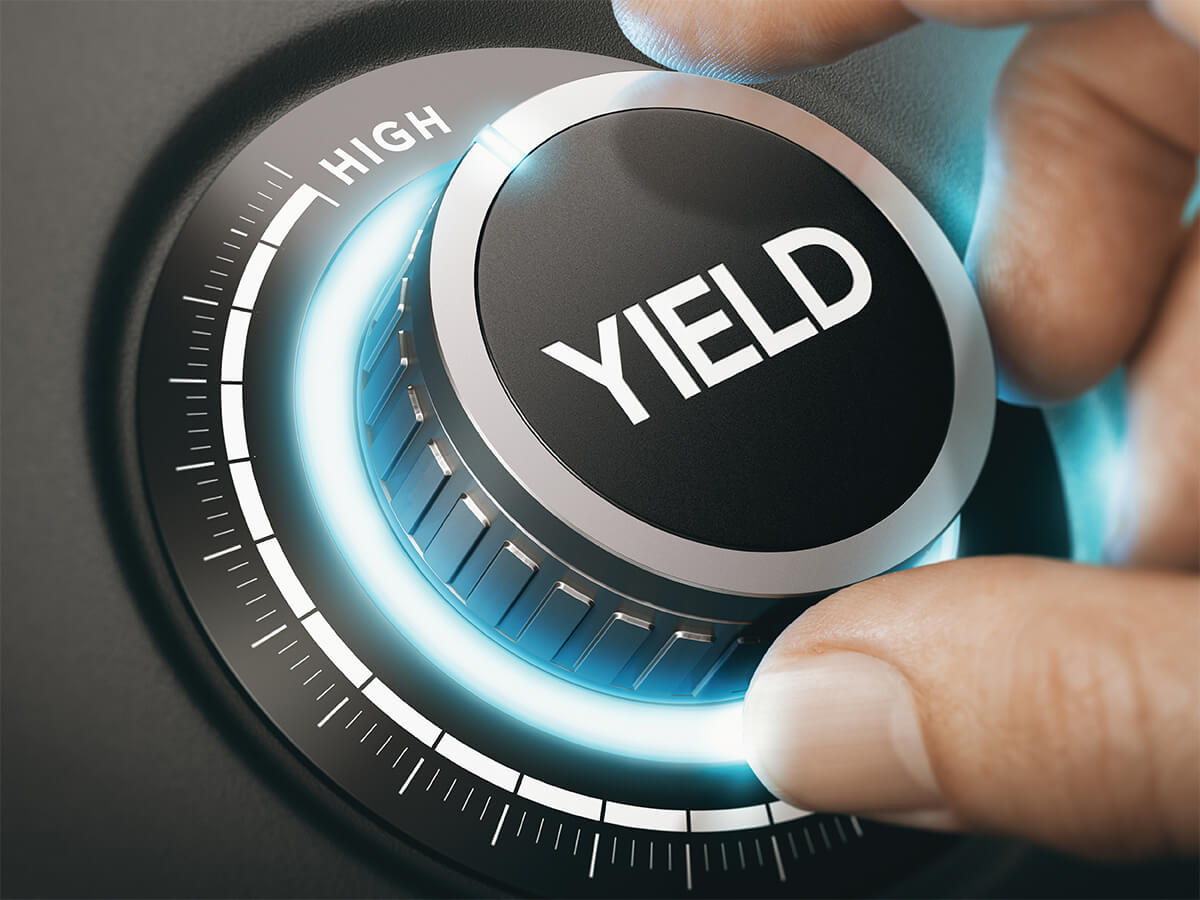When people talk about investments, the first option that comes to mind is fixed deposits. But, what is a fixed deposit?
If you are wondering what is an FD account all about, this article will help you discover what is the meaning of fixed deposits. A fixed deposit is an investment option offered by banks that allows you to deposit a sum of money for a specific period at a fixed interest rate. So, to understand how fixed deposits work, let’s first delve into the workings of banks.
Invest Smartly with Mahindra Finance!
To know what is a fixed deposit, first know how banks work
Banks operate through two main functions: borrowing and lending. When you deposit your money in a bank, you lend it to them. In return, they pay you interest based on the type of account you have. Savings accounts earn interest but have withdrawal restrictions, while current accounts offer liquidity without any interest payment.
In addition to these accounts, banks encourage customers to create fixed deposits by offering higher interest rates. This helps them accumulate funds for lending purposes such as home loans, business loans, personal loans, and more. The difference between the interest earned on loans and paid out on deposits forms the bank’s income.
What is a fixed deposit and how does it work
A fixed deposit works by allowing you to invest your idle funds for a specific tenure that ranges from seven days to 10 years. The interest rate on your deposit depends on the duration for which you lock away your funds. During this period, you cannot withdraw the money, except in the case of premature withdrawal with a lower interest rate.
Let’s understand this better with an example. Say you decide to open a fixed deposit account with ₹50,000 for one year at an interest rate of 7%. At the end of the term, the bank will credit your account with the principal amount (₹50,000) and the interest earned (₹3,500). This way, you receive a guaranteed return on your investment.
Calculating your fixed deposit returns is crucial to make an informed decision. You can use an FD calculator to determine how much interest you will earn based on different deposit amounts and tenures. This helps you plan your finances effectively.
Benefits of fixed deposits
Fixed deposit benefits are many that make them a popular investment option:
Assured rate of return: With fixed deposits, you know exactly how much return you will receive on your investment at maturity.
The tax threshold for interest: The FD interest earned on fixed deposits is taxable, but there is a threshold that determines whether TDS is deducted or not.
Flexible tenure: You can choose the duration of your fixed deposit based on your financial goals and requirements.
Easy liquidation: In case of emergencies or cash needs, some banks offer premature withdrawal facilities with certain conditions.
These are some of the fixed deposit benefits, which make it a top choice of investment for people.
Additional read: Strategies for maximizing fixed deposit returns
Conclusion
So, we now know what is a fixed deposit. They are a reliable and secure investment option for those looking to grow their savings. By understanding how fixed deposits work, you can make informed financial decisions. Factors such as tenure, interest rates, and flexibility make fixed deposits a suitable choice for various financial goals.
If you want more clarity about what is an FD account or considering opening one, Mahindra Finance is here to assist you. Our range of financial solutions can help you meet your specific goals with ease. Take control of your finances today!
FAQs
Q: What is the minimum deposit amount required for a fixed deposit?
A: The minimum deposit amount required for a fixed deposit varies from bank to bank. It can be as low as ₹1,000 or higher depending on the bank’s policies.
Q: Can I withdraw my fixed deposit before the maturity date?
A: Some banks offer premature withdrawal facilities with certain conditions. However, withdrawing before the maturity date may result in a lower interest rate.
Q: Are fixed deposits a safe investment option?
A: Yes, fixed deposits are considered one of the safest ways to invest money as they offer guaranteed returns and protection of the principal amount.

























































